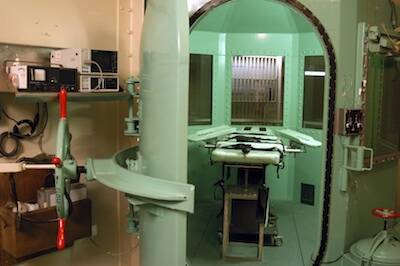Condemned for apostasy in Iran, Pastor Yousef Nadarkhani’s impending execution has not aroused as much attention as the execution in September of Troy Davis in Georgia, which provoked an international outcry and renewed U.S. debate over the death penalty. Nadarkhani has twice refused to recant his Christian faith during court hearings. If he persists, he will be scheduled for execution. He was arrested in his home city of Rasht in October 2009 while attempting to register his church, an effort viewed as a challenge to the Muslim monopoly on the religious instruction of children in Iran. Perhaps in response to social unrest, executions in Iran have spiked this year, with more than 320 tallied by the end of June. It is in the use of capital punishment that the United States and Iran find themselves in a rare area of agreement. They are among the handful of nations that conducted executions in 2010: China (several thousand), North Korea (60), Yemen (53) and Japan (2). Last year Iran executed 252 people and the United States 46.
Where U.S. and Iran Find Common Ground
Show Comments (
)
Comments are automatically closed two weeks after an article's initial publication. See our comments policy for more.
The latest from america
It has been 56 years since humankind went to the moon—but it's still on our minds.
Cardinal Pizzaballa and Patriarch Theophilos III gave a press conference after visiting the Holy Family Parish church, which was struck by Israeli forces.
“The definition of desolation is notoriously slippery,” Father James Martin writes. “It is not simply a period of dryness in prayer, which is common to everyone.”
I felt two things when Stephen Colbert announced last Thursday that in nine months, CBS would be ending his top-rated “The Late Show with Stephen Colbert.” I felt uncomfortable. And I felt old.








